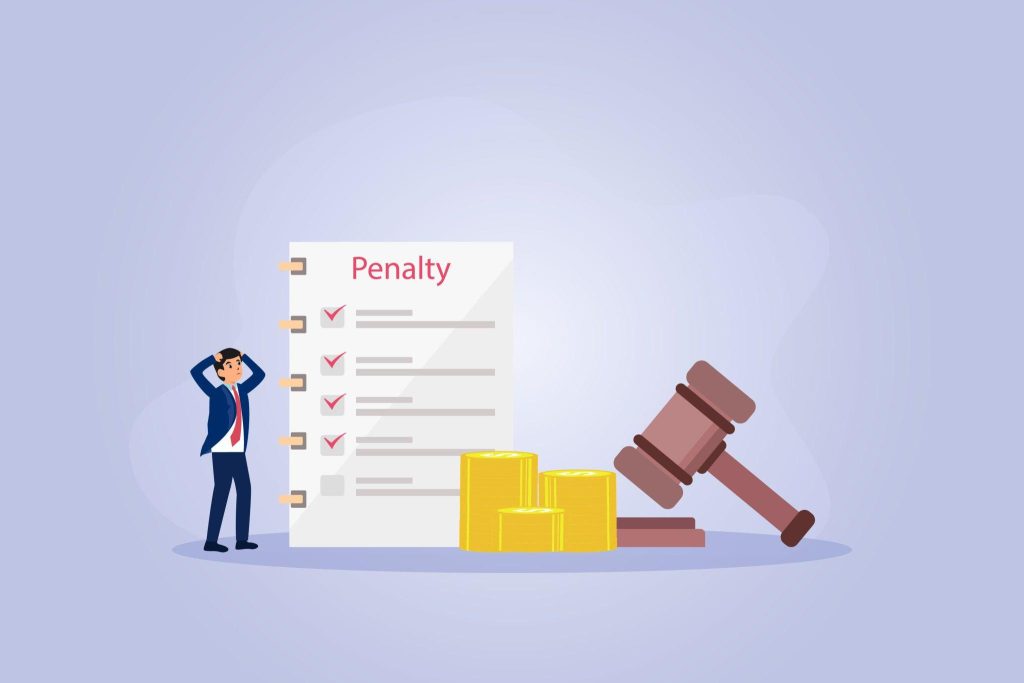When it comes to managing your finances, home loans are often a significant part of the equation. In a country like India, where homeownership is a cherished dream for many, understanding the nuances of home loans is crucial. One such aspect that borrowers should be well-informed about is home loan prepayment penalties. These penalties can significantly impact your financial journey, for better or worse. In this comprehensive guide, we’ll explore the pros and cons of home loan prepayment penalties in India, helping you make an informed decision about your home loan strategy.
Understanding Home Loan Prepayment Penalties
Home loan prepayment penalties are charges imposed by lenders when borrowers choose to repay their loans before the scheduled tenure ends. They act as a sort of insurance for lenders, ensuring they receive the interest income they had expected over the loan’s lifetime. While they may seem like an additional burden on borrowers, they come with their own set of advantages and disadvantages.
The Pros of Home Loan Prepayment Penalties
- Reduced Interest Payment: One of the significant benefits of prepaying your home loan is the substantial reduction in the overall interest paid. By making additional payments towards the principal amount, you can cut down the interest burden considerably. Over time, this can save you a substantial amount of money.
- Early Loan Closure: Prepayment allows you to close your home loan early, freeing you from a long-term financial commitment. This can bring immense relief, especially for individuals nearing retirement or planning for other major life expenses.
- Improved Credit Score: Successfully prepaying your home loan demonstrates financial discipline and responsibility, positively impacting your credit score. A higher credit score can open doors to better financial opportunities in the future.
- Tax Benefits: Under Section 80C of the Income Tax Act, you can claim deductions on the principal amount repaid on your home loan. Prepaying your loan allows you to maximize these tax benefits.

The Cons of Home Loan Prepayment Penalties
- Financial Strain: Prepaying a home loan requires a substantial lump sum amount, which may put a strain on your finances. It’s essential to ensure you have enough savings and a stable financial position before opting for prepayment.
- Penalties and Charges: Lenders often impose penalties for prepayment, and these can vary significantly. It’s crucial to understand the terms and conditions of your loan agreement to assess the financial implications accurately.
- Opportunity Cost: The money used for prepayment could potentially have been invested elsewhere for higher returns. Prepaying your home loan means missing out on these investment opportunities.
- Reduced Liquidity: Tying up a significant portion of your savings in home loan prepayment can limit your liquidity. In case of emergencies, having accessible funds is crucial.
Making the Right Decision
Deciding whether to opt for home loan prepayment or not is a significant financial choice. It’s essential to weigh the pros and cons carefully and consider your individual financial situation. Here are some key factors to help you make an informed decision:
- Interest Rate: Consider the interest rate on your home loan. If it’s significantly higher than potential returns from investments, prepayment might be a better option.
- Financial Stability: Assess your financial stability. Ensure that prepayment won’t strain your finances and that you have enough emergency funds in place.
- Tax Benefits: Explore the tax benefits associated with your home loan and how they may be affected by prepayment.
- Long-Term Goals: Consider your long-term financial goals and how prepayment aligns with them.
- Penalties: Thoroughly understand the penalties and charges involved in prepayment. Negotiate with your lender if possible to reduce these costs.
In conclusion, home loan prepayment penalties in India come with both advantages and disadvantages. To make the best choice, assess your individual financial situation and long-term goals. It’s always wise to consult with a financial advisor who can provide personalized guidance. Remember, a well-thought-out decision can save you money and pave the way to a debt-free and financially secure future.




















